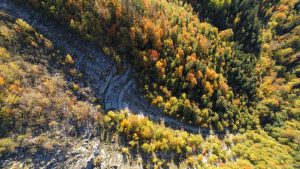
How Bosnia’s Rocky Terrain Aided Wartime Massacre Cover-Ups
Dozens of pits and ravines and in mountainous Bosnia and Herzegovina were used to hide bodies of massacre victims and...

Dozens of pits and ravines and in mountainous Bosnia and Herzegovina were used to hide bodies of massacre victims and...
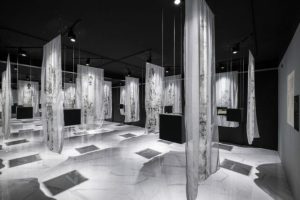
BIRN and the Srebrenica Memorial Centre opened a new memorial room containing the video testimonies of 100 Srebrenica genocide survivors...
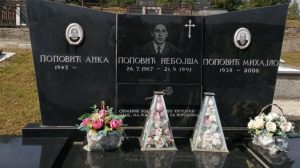
A commemoration was held in the Croatian town of Karlovac to commemorate 13 Yugoslav People’s Army soldiers killed in 1991 by a Croatian policeman and highlight how the war harmed both Serbs and Croats.
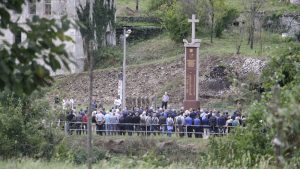
Two soldiers who were on opposing sides when Bosnian Army troops massacred 33 Bosnian Croats in 1993. Now they are both working to ensure that the crime is not forgotten.
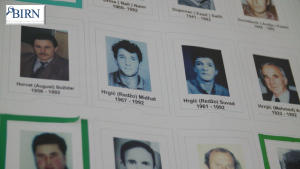
Missing persons’ relatives from Bosnia, Kosovo, Serbia remember their loved ones missing since the wars of the 1990s on the Int'l Day of the Disappeared.
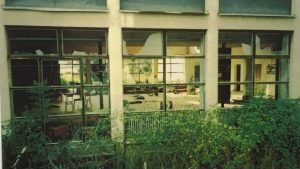
Twenty-five years after the killing of nine elderly and disabled civilians who had taken refuge at a school in the Croatian town of Dvor, Croatia and Serbia accuse each other, but no suspects are called to court.
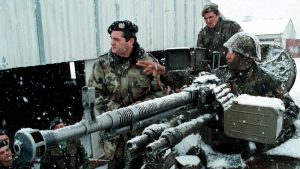
Serbia and Kosovo have asked each other to open up military archives to help reveal where missing persons from the 1998-99 war are buried - but despite cooperative rhetoric, neither appears likely to do it.
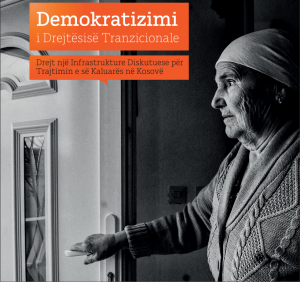
A research report titled “Democratizing Transitional Justice in Kosovo” published on July 16, 2020 claims says that the country needs to focus on comprehensively dealing with the legacy of the 1998-99 war with Serbian forces in order to move towards a sustainably peaceful future.
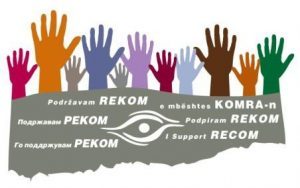
Elameri Skrgic Mikulic, Sarajevo BIRN December 13, 2016 Newly-published research has identified 600 sites at which around 160,000 prisoners were...
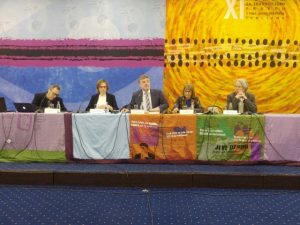
A coalition campaigning for the establishment of the RECOM regional fact-finding commission on the 1990s wars said ex-Yugoslav states could...
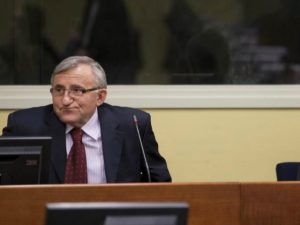
Dr. Loic Tregoures
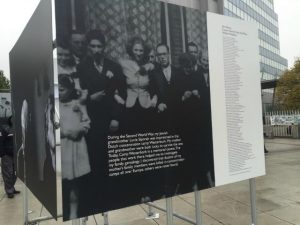
For a new exhibition in Pristina, Dutch photographer Willem Poelstra used his own parents’ story as a starting point to...







This website was created and maintained with the financial support of the European Union. Its contents are the sole responsibility of the RECOM Reconciliation Network and do not necessarily reflect the views of the European Union.